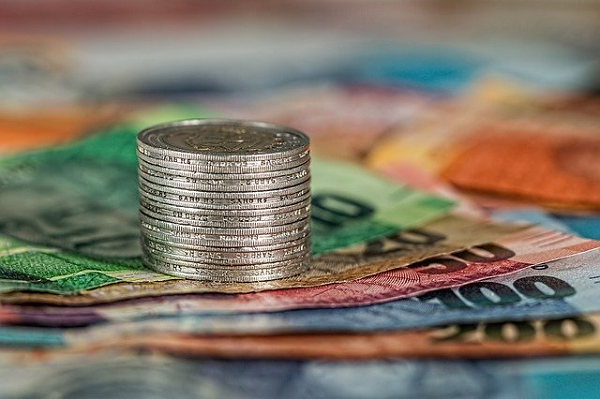


An overvalued currency is one whose exchange rate relative to other currencies of which is believed to price that monetary unit above its medium- to long-term market equilibrium level.
The Swiss franc became an overvalued currency in 2011, because investors fearful of an economic downturn were buying up what they regarded as secure franc-denominated investment assets.
A currency may be overvalued either because it is greatly desired in the foreign exchange market or due to interventions of the central bank issuing and managing that currency. If a central bank wants its currency to appreciate, it can raise interest rates (then the currency becomes more attractive in the spot market because it earns higher rates of interest) or buy the local currency itself. Some countries deliberately keep their currencies overvalued for various reasons. An overvalued currency makes imports relatively less costly, thereby suppressing domestic demand and encouraging spending on imports. But this also makes exports more costly and thus dampens exports. In the euro zone, some countries have experienced high current account deficits because in giving up their national currencies and adopting the euro they forfeited the ability to depreciate their currency to regain competitiveness. In the long term, numerous factors affect a currency’s equilibrium exchange rate, including the issuing country or countries’ economic competitiveness, growth rate, and level of inflation.
Nadhodnocená měna je měna, u níž se má za to, že směnný kurz danou monetární jednotku ve vztahu k ostatním měnám oceňuje ve střednědobém či dlouhodobém horizontu nad úroveň tržní rovnováhy.
V roce 2011 byl švýcarský frank nadhodnocenou měnou, protože investoři ve strachu z ekonomického poklesu nakupovali to, co považovali za bezpečná aktiva denominovaná ve švýcarských francích.
Měna může být nadhodnocená buď proto, že je na měnovém trhu velice žádaná nebo z důvodů intervencí centrální banky, která měnu vydává a obhospodařuje. Když centrální banka chce, aby měna posílila, může zvýšit úrokovou sazbu (měna je pak na spotovém trhu atraktivnější, protože vydělává vyšší úrok) nebo může sama místní měnu nakupovat. Některé země schválně udržují své měny z různých důvodů nadhodnocené. Nadhodnocená měna znamená, že importované zboží je relativně levnější, takže poptávka po domácím zboží se snižuje a nákup importovaného zboží je naopak roste. Nicméně toto také zdražuje a utlumuje exportní aktivity. Některé státy eurozóny zažili vysoké schodky na běžném účtu platební bilance, protože tím, že se vzdali svých národních měn a přijali euro, přišli o možnost oslabit svou měnu a znovuzískat konkurenceschopnost. V dlouhodobém horizontu je mnoho faktorů, které ovlivňují rovnovážný směnný kurz, vč. konkurenceschopnosti, tempa růstu a míry inflace země, která měnu vydává.
English Editorial Services’ mission is to assist international businesses and organizations of all sizes to communicate clearly, correctly, and persuasively with their business partners and target audiences.
Simply subscribe to receive our Business Term of the Day at no charge to your inbox each business day, with explanation in English and Czech.



English Editorial Services’ mission is to assist international businesses and organizations of all sizes to communicate clearly, correctly, and persuasively with their business partners and target audiences.
Simply subscribe to receive our Business Term of the Day at no charge to your inbox each business day, with explanation in English and Czech.